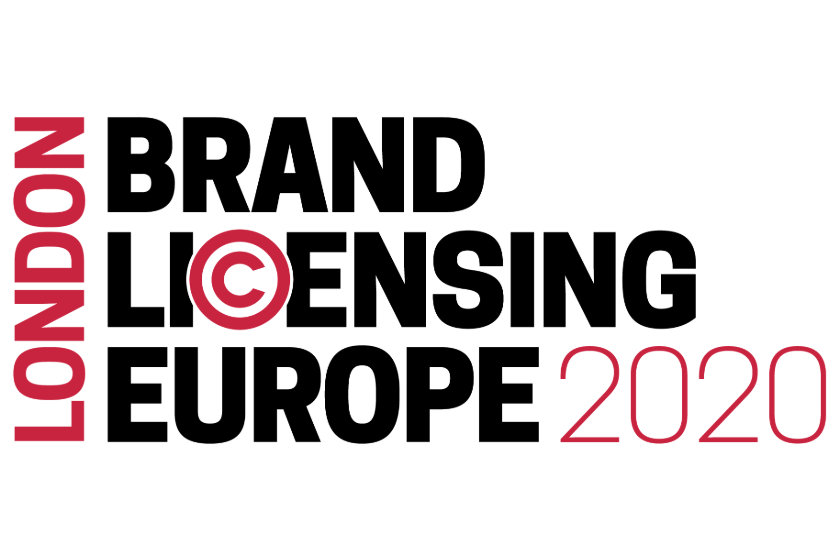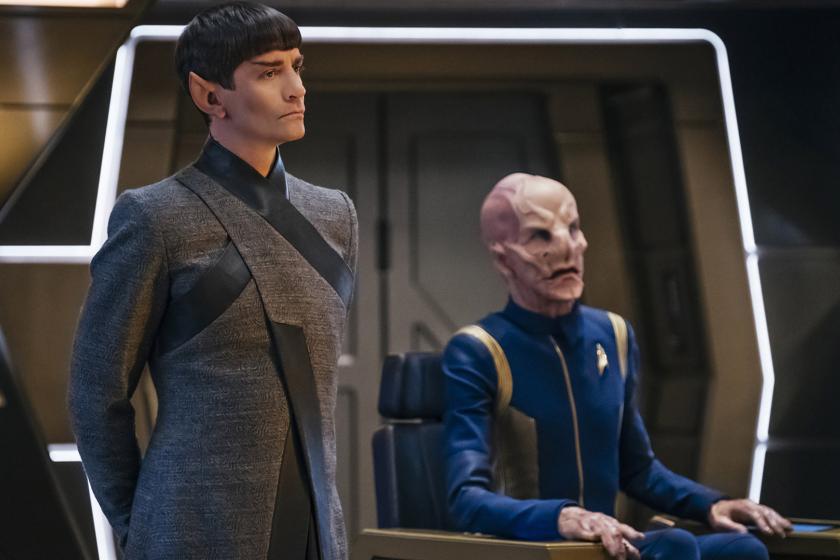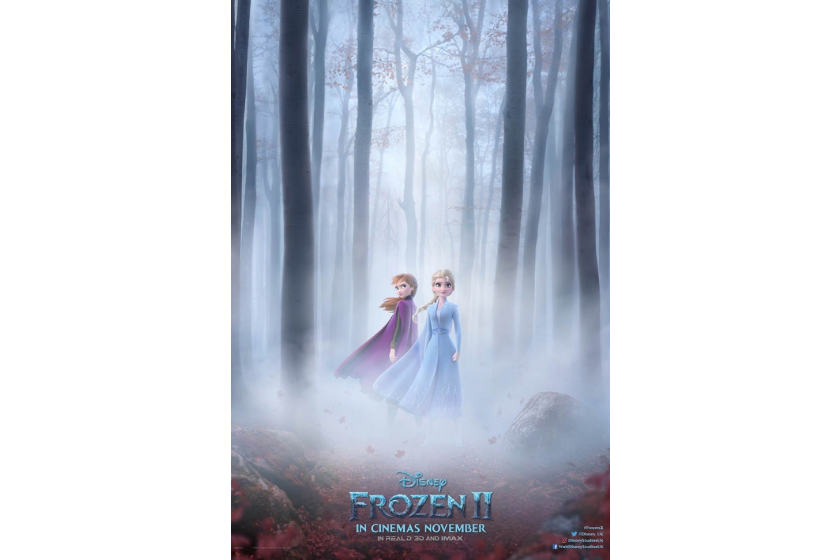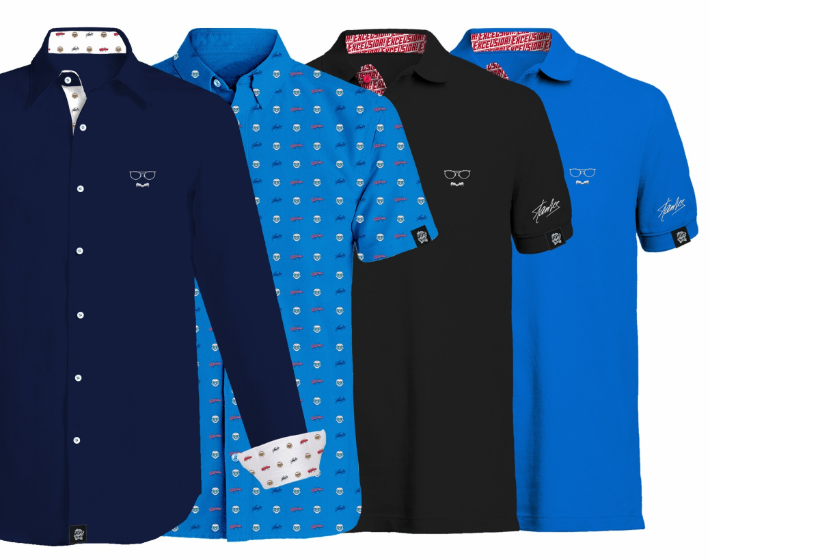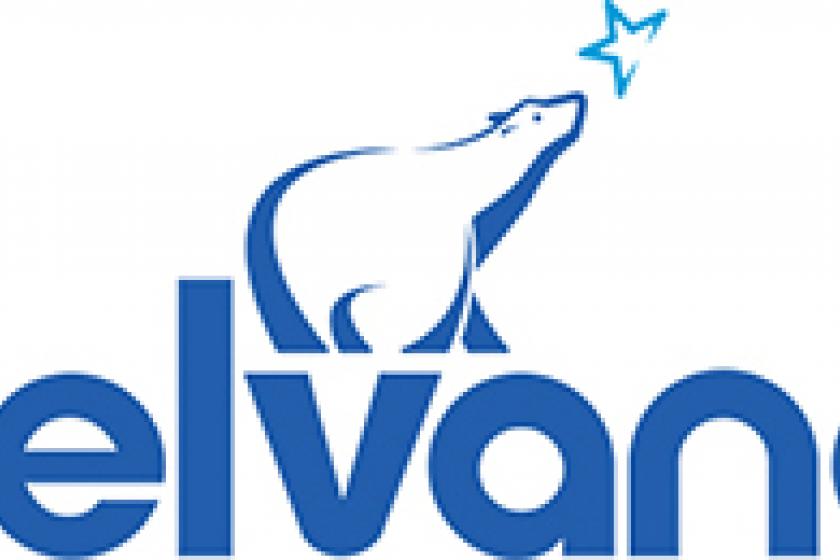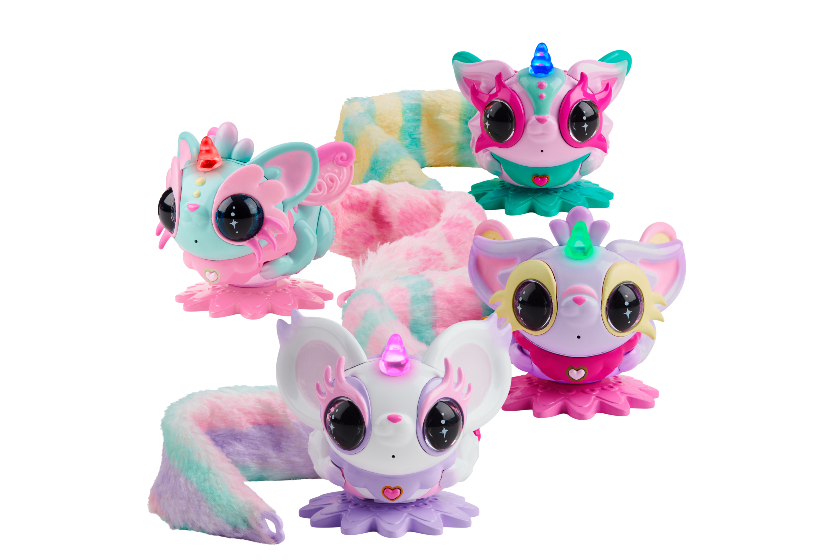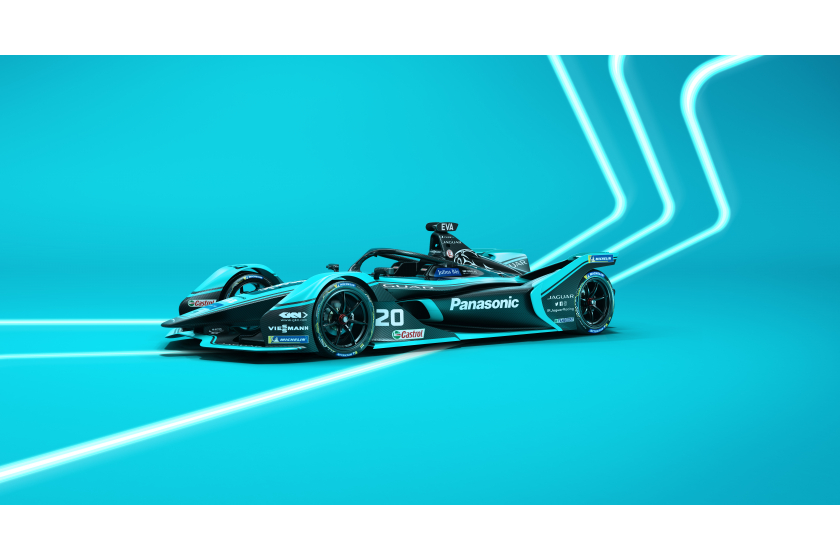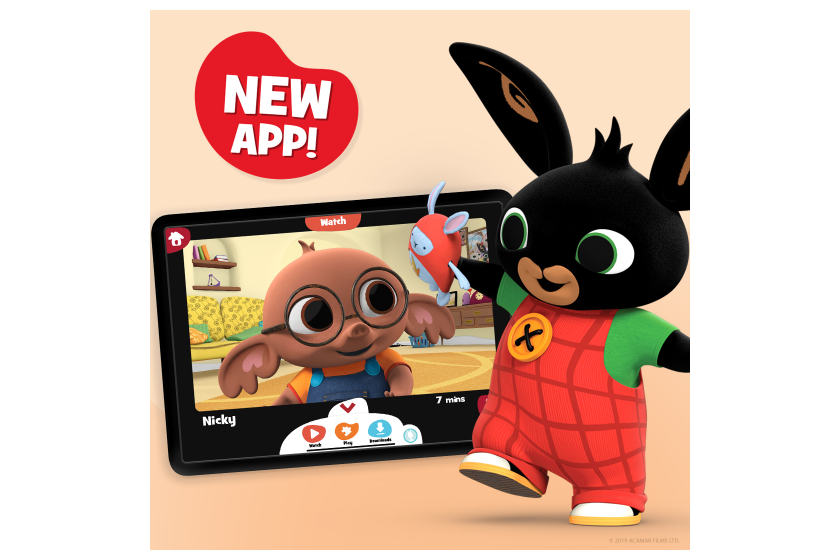Leaders from the gaming and esports industry recently came together for a discussion on the growing role of esports in the licensing community at Brand Licensing Europe.
The far-reaching conversation highlighted the evolving influence of gaming and gamers on retail channels. From the licensable credentials of top gamers to the growth in partnerships from non-endemic brands, the impact of esports over the last several years can’t be overstated. Here are some of the key trends covered on the recent panel.
Esports Is Not for Just Gaming Brands
Gaming has become a part of pop culture over the last several years. The permeation of casual mobile gaming and the popularity of titles such as “Call of Duty” has turned the industry into a massive industry. According to NewZoo, the global video game market hit revenues of $152.1 billion in 2019. That rush of revenue has meant that brands of all kinds are pushing to be involved in the licensing of gaming’s biggest brands.
“Endemic brands like the computer companies in the market are finding it a lot harder to do deals because there are so many non-endemic brands joining the market,” says panelist David Yarnton, founder and executive chairman, Edge.gg.
Brands joining the fray of video game licensing include established sports companies such as PUMA and Adidas. The collaboration of top sports firms with gamer brands points to the growing affinity that consumers have with video games. It’s not just the games themselves but also the esports players streaming playthroughs every night.
The Stars of Esports
Much like Michael Jordan in the NBA or Tom Brady in the NFL, esports has its stars as well. Influential personalities of the community such as Ninja (Tyler Blevins) and Bugha (Kyle Giersdorf) have made their name with licensing deals and merchandise. These players have built fanbases from the ground up through livestreams on Twitch and social media engagement on their own time.
“Players are building their community [themselves],” says Daniel Amos, head of esports,
Difuzed. “When they are not playing in tournaments, they are on Twitch building their community.”
Licensing Agencies Are Joining the Game
As more consumers become interested in esports, more licensing agencies are looking for opportunities to work with players. This presents a new opportunity for every licensing category to gain a new foothold in a young, but rapidly growing industry.
Even companies not in the gaming industry are getting involved with video games.
“It is becoming more mainstream,” adds Yarnton. “We’ve had discussions with municipal companies about esports venues. “

